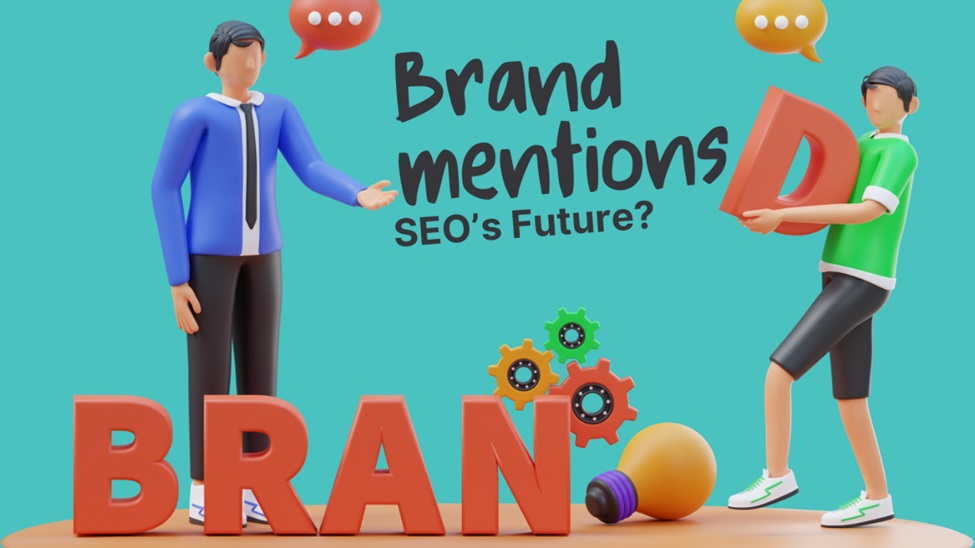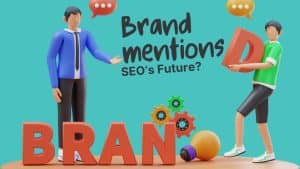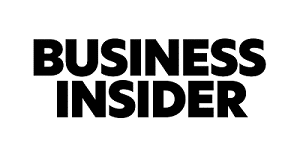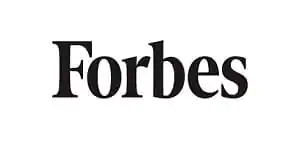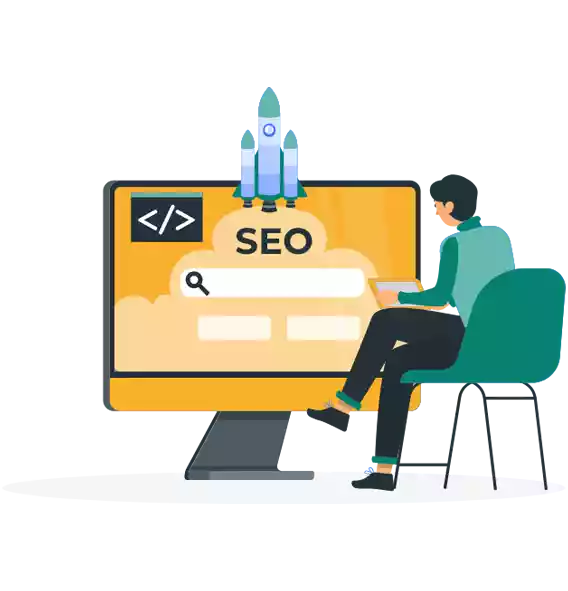Discover How Google’s Focus on Entities Elevates Brand Presence for Organic SEO Success and the Impact of Digital PR on SEO’s Evolution.
“Focus on cultivating your brand, not just link-building.”
This imperative serves as a mantra for SEO specialists worldwide.
In this article, the emphasis shifts from traditional backlink strategies to the growing importance of brand mentions.
We’ll delve into why brand mentions are becoming pivotal in the SEO landscape. Let’s explore this further.
Reviving Brand Focus: A Decade’s Insight
Nearly a decade ago, Rand Fishkin began discussing the significance of brand mentions.
This wasn’t an oversight; it’s truly been almost ten years!
The reason? Google had filed a patent that centered on this concept.
Around the same time, the PR industry buzzed with excitement about this patent.
Particularly, there was one specific section of the patent that garnered significant attention and discussion.
The “Panda patent” introduced the differentiation between express and implied links.
An express link is a traditional hyperlink, while an implied link refers to a brand or resource without a direct hyperlink.
Moz’s 2014 article offers an in-depth explanation of this concept.
The logic behind this shift recognizes that link trading is prevalent, suggesting a move beyond mere link dependency.
However, SEOs, focused heavily on link strategies, often overlook broader marketing approaches.
This approach worked in the past, but the landscape has evolved significantly since 2014.
Large Language Models and Their Role in SEO During the AI Revolution
In the context of AI and SEO, there’s anticipation about Google’s AI-driven search engine. This change is seen as significant for SEO practitioners, akin to a major plot twist in a saga.
The complexity of AI, especially large language models (LLMs) trained on web text data, is acknowledged.
Google’s extensive web crawling and its Knowledge Graph are key factors here.
As text data feeds these LLMs, the importance of textual content, especially entities like brands, becomes more critical in the SEO landscape.
Make Your Presence Known to People and Google
Here’s a vital marketing tip: ensure that more people know about your existence.
It seems elementary, yet marketing has strayed from this and settled on merely having a presence on search engines.
This approach even regressed to just paying for search engine listings. But the reality is more complex.
Online users navigate through a cluttered and distracting internet environment.
Their engagement is often fleeting, interrupted, and postponed, making the common reliance on paid search and last-click attribution less effective in spreading awareness about your existence.
Paid search aims to minimize waste, leading to limited outreach.
In contrast, organic search has a broader impact without additional media spending.
Additionally, publicity plays a crucial role.
It’s about informing vast audiences of your existence, thereby building links and brand mentions.
While TV ads also have wide reach, they’re often cost-prohibitive.
The true power of publicity is its extensive reach. Creating news and content not only informs people but also ensures Google recognizes your brand, aligning with the E-E-A-T framework.
Judges Prefer Simplicity in Decision-Making
A boxing coach used to say, “Judges want an easy night,” meaning they preferred clear outcomes.
This is akin to how Google operates; it favors clear, straightforward information from websites.
Just as the boxing strategy involved landing distinct, effective punches for easy judging, websites should provide clear indications to Google about their identity and expertise.
This is where brand mentions become vital, as they give Google precise clues about a brand’s area of expertise.
Phrases like “According to the (subject) experts at (brand name)” in media citations can be a significant indicator, although the value of a hyperlink in this context is debatable.
Prioritize Publicity, then Focus on Link Building
Jane Hunt, a prominent digital PR expert in Britain, describes digital PR as a blend of traditional PR, content marketing, and SEO.
“Digital PR is the intersection of traditional PR, content marketing and SEO. We’re borrowing from traditional PR and content marketing techniques and fusing them with SEO strategy to build organic search visibility and drive brand credibility and trust.”
This approach emphasizes the importance of brand mentions over mere link building.
Hunt explains that the combination of traditional PR and content marketing tactics with SEO strategies enhances brand credibility and trust, which in turn supports organic search growth.
The focus is on leveraging these tactics in the digital age, recognizing that brands play a crucial role in simplifying consumer decisions and gaining visibility in media, which Google favors.
